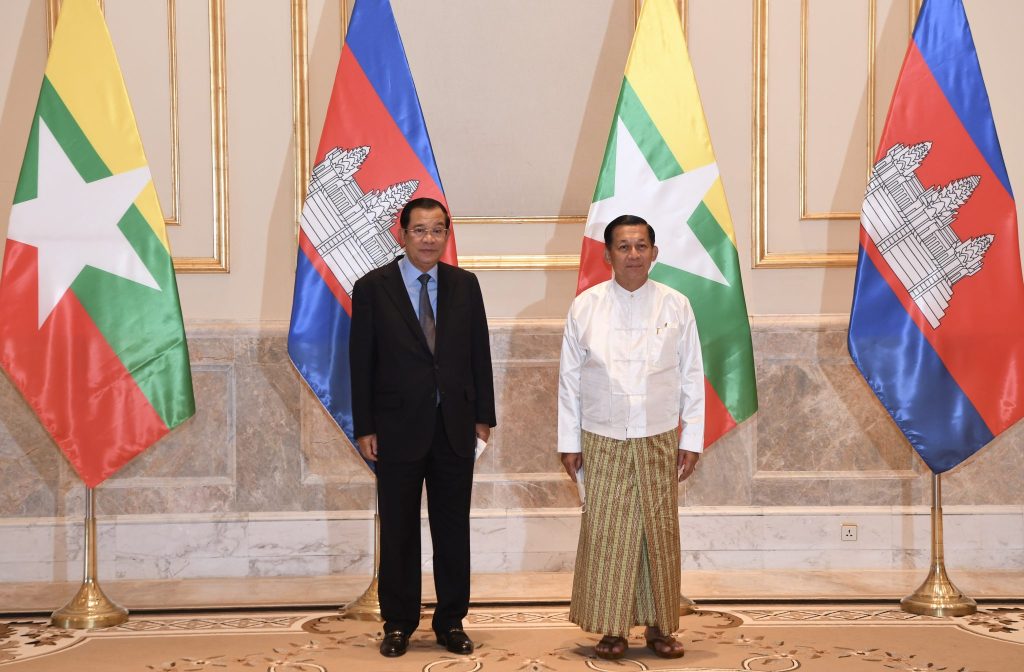Last week Cambodia hosted the Association of Southeast Asian Nations (ASEAN) annual summit. Foreign ministries and leaders from around the world gathered to meet with Southeast Asian leaders in Phnom Penh. The heavy influx of motorcades brought traffic in the city to a standstill. Schools were already closed for the national holidays of Water Festival and Independence Day, but additional days off were added for schools in Phnom Penh due to the ASEAN summit. US President Biden made an official visit to Cambodia for the summit – only the second US President to visit Cambodia – and is now in Indonesia for the G20 meetings.

Southeast Asia’s international clout has been increasing in recent years and major powers such as China, the US, and EU have been making stronger overtures to the region. ASEAN is not as unified as the EU but still wields significant collective negotiating power.

Notably absent were the military leaders of Myanmar. Cambodia is the chair of ASEAN this year and started off by making by making strong diplomatic overtures to the military junta. Prime Minister Hun Sen was the first ASEAN leader to visit Myanmar since the February 2021 coup and attempted to persuade the military junta to deescalate the country’s worsening humanitarian crisis.

These diplomatic efforts failed. Al Jazeera has a insightful article on this that, ultimately, makes the case that diplomatic overtures failed because Prime Minister Hun Sen is a politician while Min Aung Hlaing is a military leader. The military junta top leadership isn’t interested in political victories, even less so in “win-win” compromises, but in military victories.
On paper, the two men seem similar.
Both come from a military background. In Min Aung Hlaing’s case, the Myanmar military; in Hun Sen’s case, the Khmer Rouge. Both are ruthless dictators who have staged coups, overseen massacres and mass arrests of peaceful political dissidents, and strangled civil society and the free press.
But analysts say the two men are very different.
Where Hun Sen is seen as a practical and savvy political operator, Min Aung Hlaing is seen as stubborn and irrational – unwilling to make minor concessions, even when it is in his interests to do so.
Sebastian Strangio, author of Hun Sen’s Cambodia, says Phnom Penh’s ruler is a pragmatist compared with Min Aung Hlaing.
Misreading the room: Why Hun Sen is failing on Myanmar
Due to the military junta’s refusal to work within ASEAN’s framework, which requires an end of violence against civilians, the bloc has become increasingly isolated. It’s difficult to predict what this will mean in the long run. Will Myanmar lose it’s ASEAN seat? Will ASEAN recognize the National Unity Government? Both seem unlikely but, for the first time, within the realm of distant possibility.